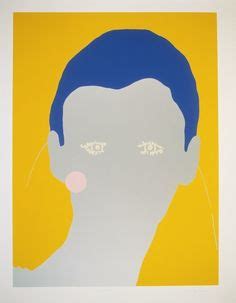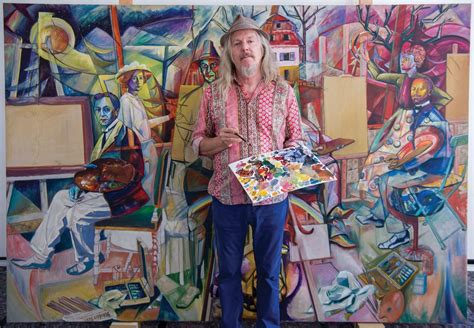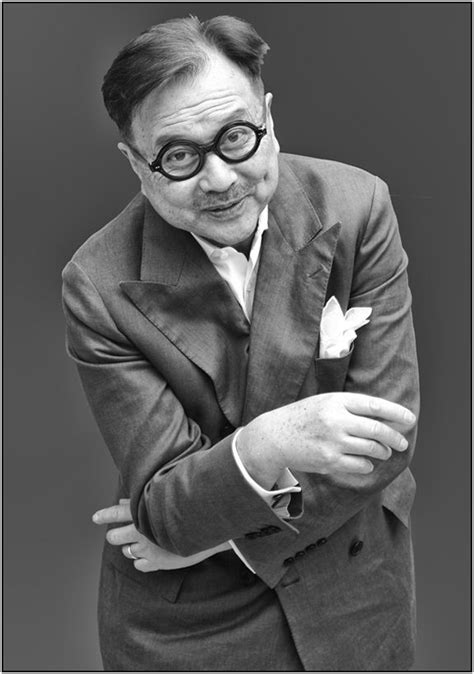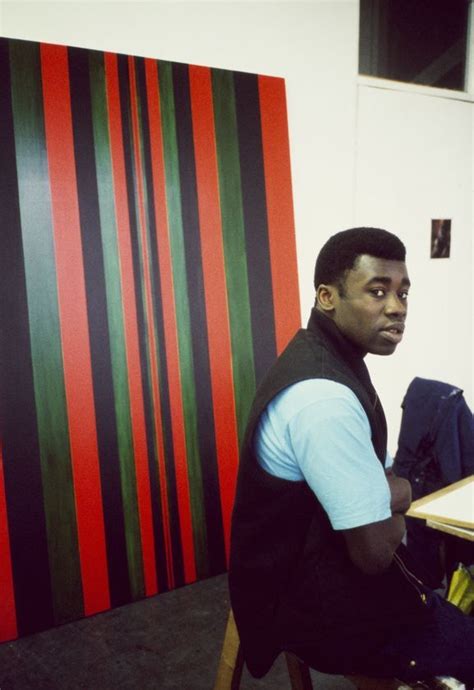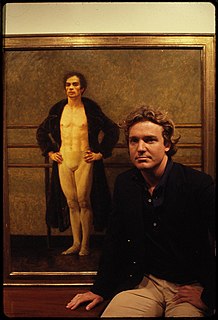A Quote by Gary Hume
Sometimes I can see the whole painting from the outset in my mind's eye. But more often than not, that idea doesn't last the duration of the painting. Sometimes it comes out easy, just as I had envisaged. But that is reasonably rare.
Related Quotes
I like painting because it's something I never come to the end of. Sometimes I paint a picture, then I paint it all out. Sometimes I'm working on fifteen or twenty pictures at the same time. I do that because I want to - because I like to change my mind so often. The thing to do is always to keep starting to paint, never finishing painting.
Writing a short story is like painting a picture on the head of a pin. And just getting everything to fit is - sometimes seems impossible. Writing a novel, though, is - has its own challenges of scope. And I think of that as painting a mural, where the challenge is that if you are close enough to work on it, you're too close to see the whole thing.
You have bits of canvas that are unpainted and you have these thick stretcher bars. So you see that a painting is an object; that it's not a window into something - you're not looking at a landscape, you're not looking at a portrait, but you're looking at a painting. It's basically: A painting is a painting is a painting. And it's what Frank Stella said famously: What you see is what you see.
When I am in a painting, I'm not aware of what I'm doing. It is only after a sort of 'get acquainted' period that I see what I have been about. I have no fears about making changes, destroying the image, etc, because the painting has a life of its own. I try to let it come through. It is only when I lose contact with the painting that the result is a mess. Otherwise there is pure harmony, an easy give and take, and the painting comes out well.
Sometimes you look at a painting and certain parts are so beautiful. You say, "Wow, this is fantastic," but 10 minutes later you most likely have to kill it. Every painting wants to live. You want to build and bring this type of painting to the climax. When it's at the highest point, you want more. And then if you want more, you might destroy it. So you take a chance.
All that stuff about flatness - it's this idea that painting is a specialized discipline and that modernist painting increasingly refers to painting and is refining the laws of painting. But who cares about painting? What we care about is that the planet is heating up, species are disappearing, there's war, and there are beautiful girls here in Brooklyn on the avenue and there's food and flowers.
When I was painting in art school - and I think many painters in the 1980s worked similarly - a finished painting would often be constructed from lots of other paintings underneath. Some of these individual layers of painting were better than others, but that was something that you would often only realise retrospectively.
Painting to me is addictive. These are moments when it is inspiring, but they are few and far between. I keep my tools sharpened for the moment when things do start clicking, but that doesn't happen a lot. I really have to push myself sometimes. Painting is a profession in which it is very easy to be lazy, particularly if you have any degree of success.
